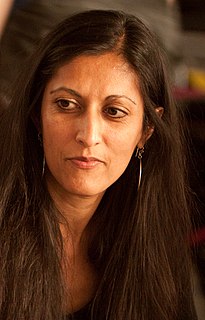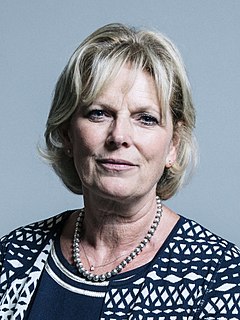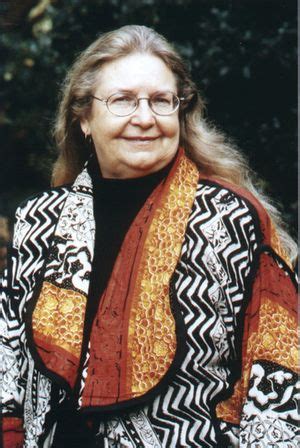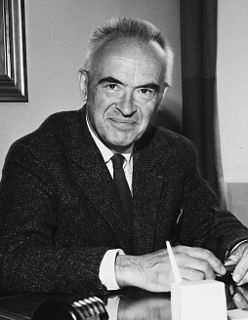A Quote by Ravida Din
When you have giant corporations that give you a one track message of "finding a cure" or of "hope" it can give the public a false sense that someone is looking after their health interest and some cases even managing their health.
Related Quotes
My colleagues from the Department of Health Behavior and Health Education are working on participatory public health initiatives in Michigan, and there is much that we can learn from each other. In fact it is essential that we strengthen efforts to learn from each other, and stop considering public health in the third world and in the U.S. as separate intellectual and practical endeavors.
People who believe in 'universal health care' show remarkably little interest - usually none - in finding out what that phrase turns out to mean in practice, in those countries where it already exists, such as Britain, Sweden or Canada. For one thing, 'universal health care' in these countries means months of waiting for surgery that Americans get in a matter of weeks or even days.
Money has, as we know, no value in itself. It is a convenient yardstick for a large number of material values. But the health and life of an individual as well as the health of a nation cannot be measured by that yardstick. If we, entrusted with protecting and defending the health of the population, give in to a salesman's scale of values we are lost.
In 1980, a woman promised her dying sister to change how Americans thought about breast cancer. Thirty years later, the result - the Susan G. Komen for the Cure Foundation - is one of the nation's largest non-profits, and one of the most successful triumphs in public health marketing and changing health habits.




































